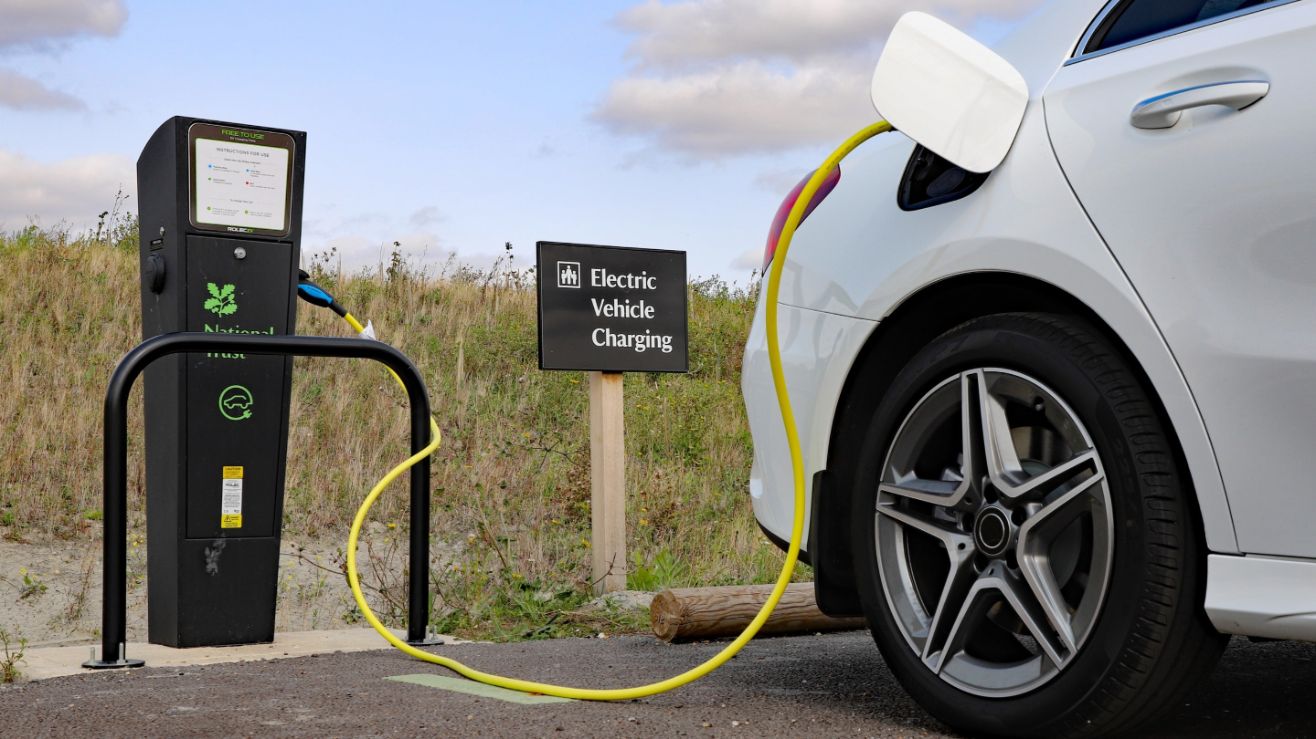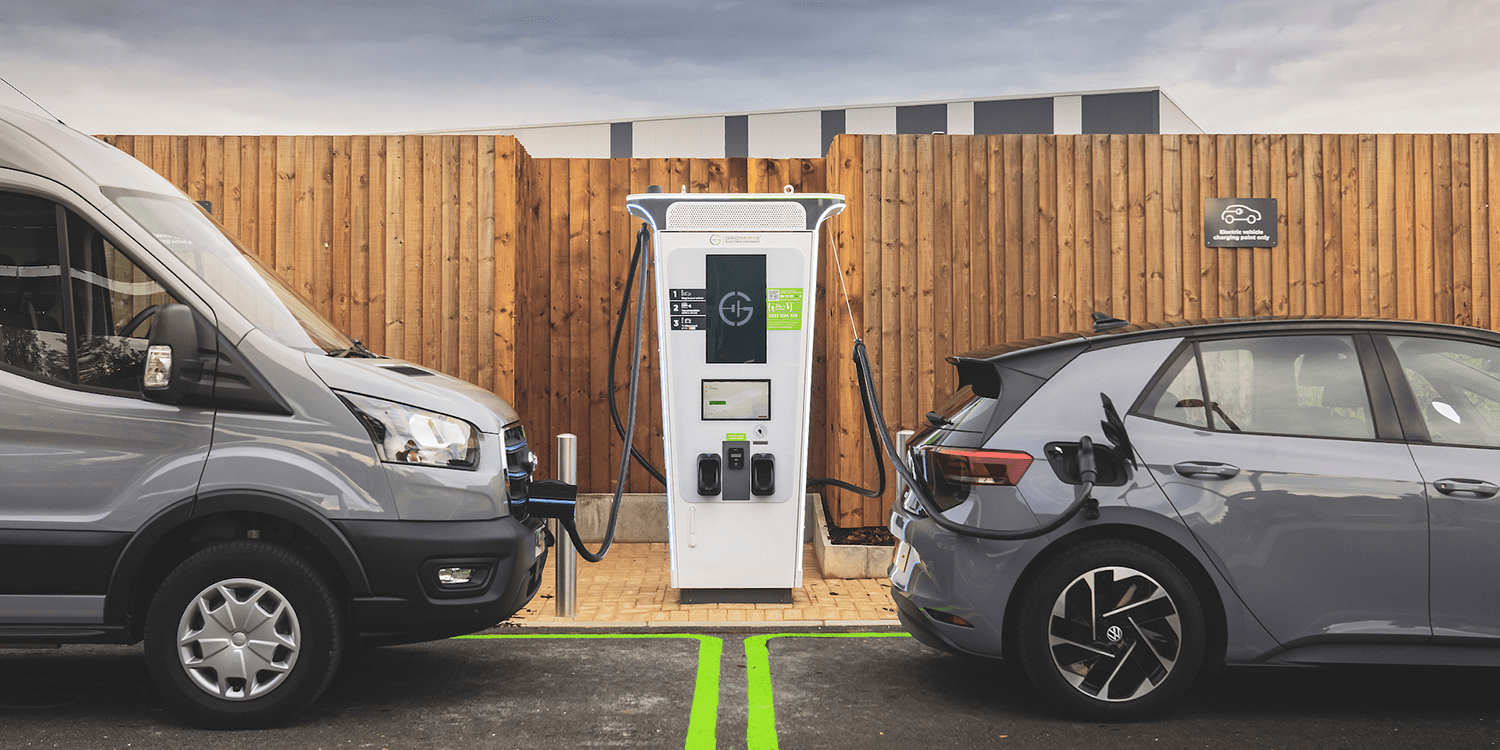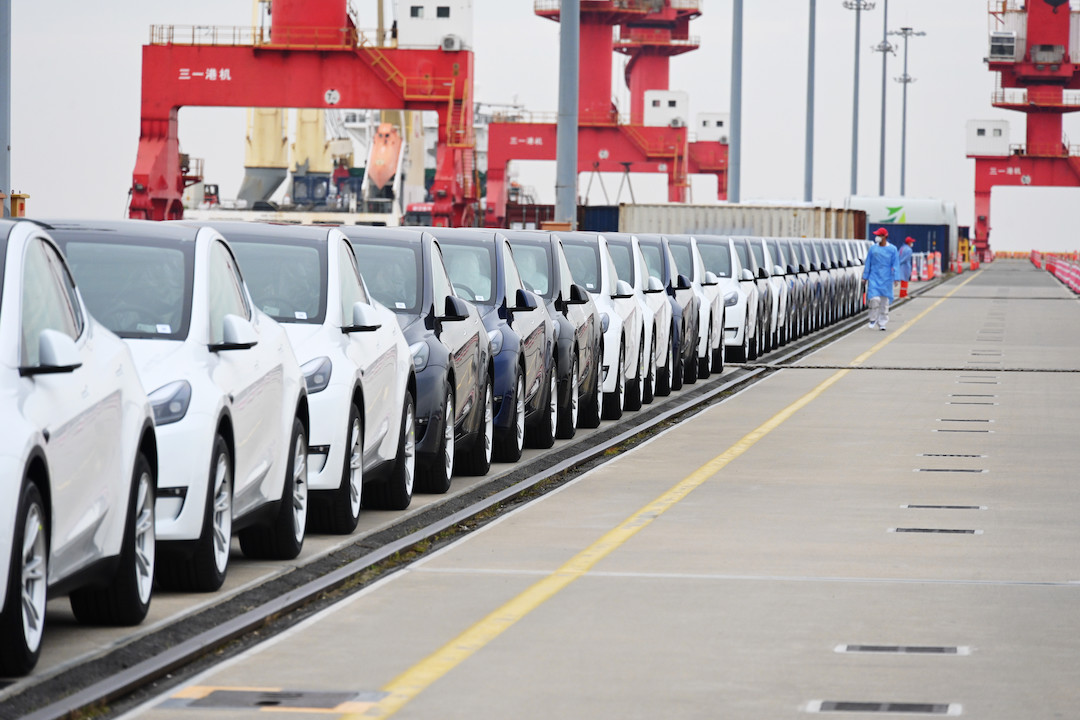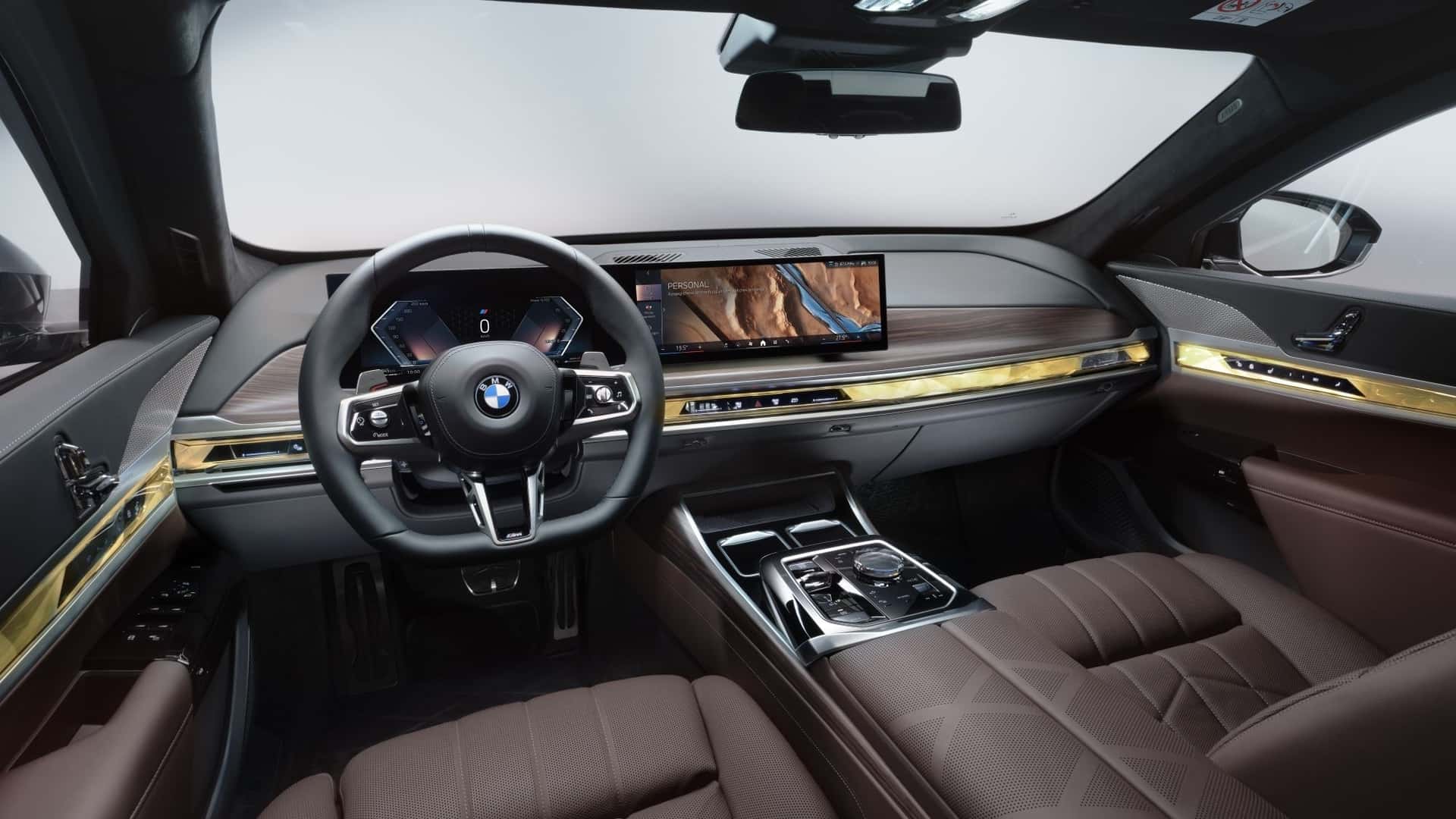A recent study conducted by technology firm Recurrent has shed light on the impact of high temperatures on the range of electric vehicles (EVs). Contrary to the significant range loss experienced during winter due to cabin and battery heating, the study reveals that air conditioner usage and battery cooling have a relatively minor effect on EV range in the summer.
To gather data for their research report, Recurrent collected information from nine different electric vehicle models, including popular ones like the Bolt EV, Ford F-150 Lighting, Mach-E, Hyundai Kona EV, Nissan Leaf, and the Tesla lineup. By analyzing the data, the company was able to estimate the range loss at various temperature intervals.
Surprisingly, the study found that unless the temperature reaches extreme levels, the decrease in range remains in the single digits. At 75 degrees Fahrenheit, no range loss was observed, while at 80 degrees, the range reduction stood at 2.8%. As temperatures rose to 85 degrees, the range loss increased slightly to 3.5%, and at 90 degrees, it reached 5%. However, it was at 95 degrees that a more significant impact was noted, with a range loss of 15%. Unfortunately, there was insufficient data available to determine the range loss at 100 degrees.
The study also unveiled an interesting explanation behind these findings: the temperature disparity between the outside environment and the cabin temperature. On a scorching 95-degree day, for instance, the air conditioning system would maintain the interior at a comfortable 70 degrees, resulting in a temperature difference of 25 degrees. In contrast, on a freezing day with a temperature of 15 degrees, the system would warm the cabin to 55 degrees above the outside temperature, indicating a temperature disparity twice as large.
However, it’s worth noting that using the air conditioner does consume energy. To mitigate this energy drain, the study suggests a smart approach. It recommends using shore power to cool the cabin while the vehicle is charging, as this would minimize the impact on the overall range. This strategy is particularly advantageous during road trips, where cooling the cabin using external power sources can significantly save energy.
In summary, the research report brings good news to EV drivers concerned about the scorching summer heat. It highlights that maintaining a cool cabin temperature has a relatively minimal effect on the overall range. Thus, drivers need not endure uncomfortably high temperatures inside their vehicles or sacrifice range to reach their desired destinations.






